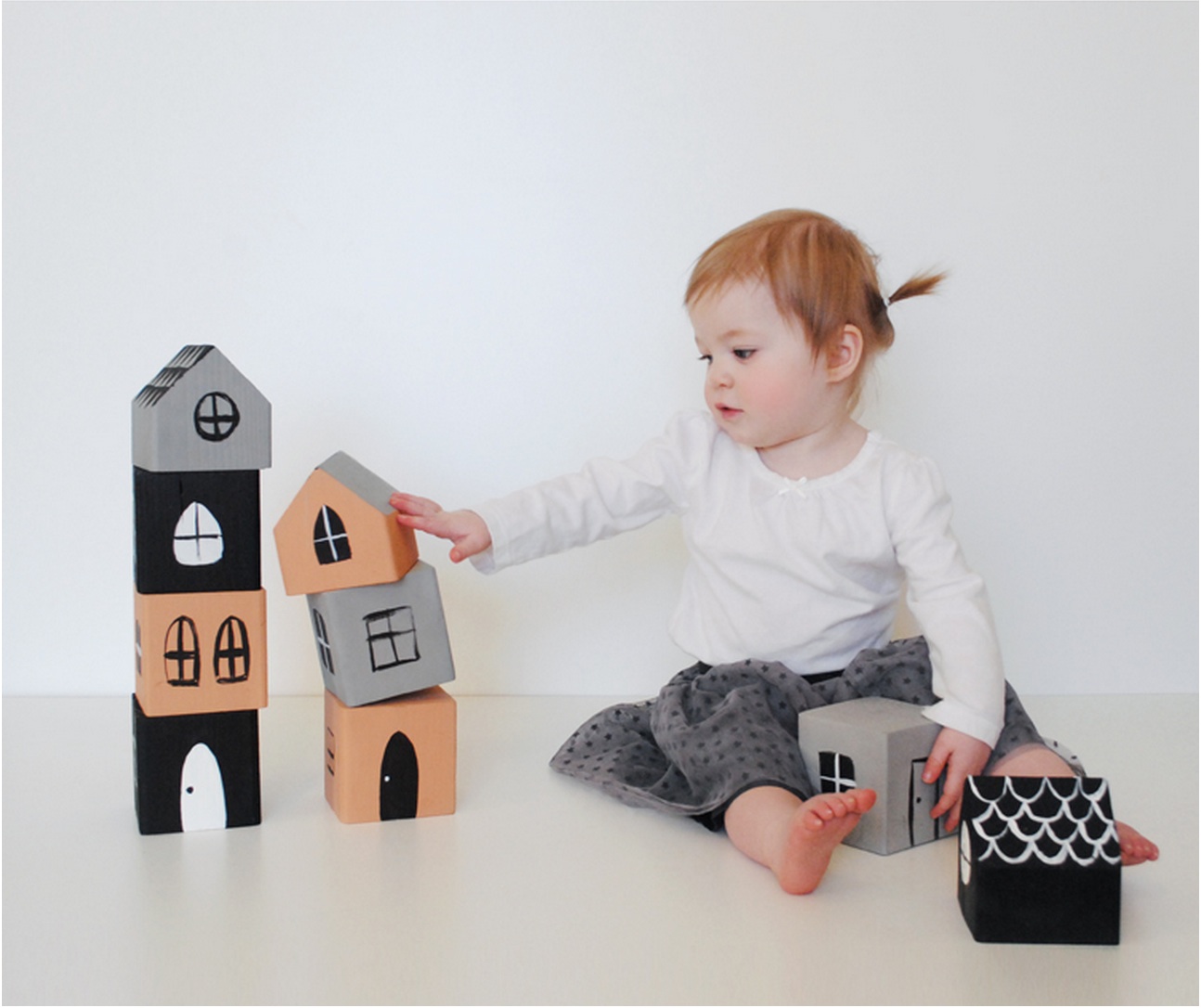
The Importance of Sleep: Establishing Healthy Bedtime Routines for Kids
In the relentless journey of parenthood, where the days are often a whirlwind of laughter, challenges, and the sweet chaos that comes with raising children, there’s a silent hero often overlooked—the bedtime routine. Amidst the bedtime stories, gentle lullabies, and tucking in our little ones, we find a golden opportunity to shape their physical and emotional well-being.
In this fast-paced world, where schedules are tight and demands are high, the importance of a good night’s sleep for our children cannot be overstated. As parents, we intuitively understand the rejuvenating power of sleep in our own lives, but it’s equally vital for our children’s growth and development. In this article, we will delve into the science behind why quality sleep matters for kids and explore practical strategies to establish bedtime routines that not only nurture restful nights but also sow the seeds for lifelong well-being.
Join us on this journey to uncover the secrets of creating bedtime rituals that transcend the ordinary; rituals that are not merely about sleep but are a gateway to treasured moments of connection and growth between parent and child. Because in the quiet serenity of bedtime, a world of possibilities unfolds, where dreams are kindled, and bonds are strengthened—one night at a time.
The Science Behind Kid’s Sleep
Children’s growing bodies and developing brains require more sleep than adults. Adequate sleep is essential for physical growth, cognitive function, and emotional regulation. According to the American Academy of Pediatrics, age-appropriate sleep durations are crucial for children to thrive and reach their full potential.
Key Benefits of Quality Sleep for Kids:
- Physical Health: Proper sleep supports the development of a robust immune system, helping children ward off illnesses.
- Mental and Cognitive Development: Quality sleep is linked to improved concentration, memory, and overall cognitive function, crucial for academic success.
- Emotional Well-being: Well-rested children are better equipped to manage emotions and cope with stress, promoting a positive mental outlook.
Creating a Healthy Bedtime Routine
Establishing a consistent bedtime routine helps signal to your child’s body that it’s time to wind down and prepare for sleep. Here are some practical tips to create a healthy bedtime routine:
- Set a Consistent Bedtime: Choose a bedtime that allows for the recommended amount of sleep for your child’s age and stick to it, even on weekends.
- Create a Relaxing Environment: Dim the lights, reduce noise, and create a calming atmosphere in the bedroom to signal that sleep time is approaching.
- Limit Screen Time: The blue light emitted by screens can interfere with the production of melatonin, the sleep hormone. Establish a screen-free period at least an hour before bedtime.
- Bedtime Rituals: Incorporate calming activities such as reading a bedtime story, gentle music, or a warm bath into your routine to help your child unwind.
- Monitor Nutrition: Avoid heavy meals close to bedtime and limit sugary snacks, as these can disrupt sleep. Instead, offer a light, healthy snack if needed.
- Encourage Independence: As children grow, involve them in the bedtime routine decision-making process. Allowing them to choose a bedtime story or pajamas fosters a sense of independence.
In the grand tapestry of parenting, establishing healthy bedtime routines emerges as a cornerstone for fostering a child’s growth and well-being. Beyond the immediate benefits of restful nights and easier mornings, the impact of quality sleep reverberates through various aspects of a child’s life.
As parents, we hold the power to shape our children’s lifelong relationship with sleep. By adhering to consistent bedtime rituals, we not only provide the physical rest their bodies crave but also nurture emotional connections that stand the test of time. Bedtime stories, shared laughter, and the gentle rhythm of a calming routine become the threads that weave a strong bond between parent and child.
Furthermore, the importance of sleep extends beyond the individual; it permeates family dynamics. A well-rested child is more likely to approach each day with enthusiasm and resilience, positively influencing the family atmosphere. By prioritizing sleep, we create an environment where everyone can thrive, fostering a sense of security and stability for our children.
In the hustle and bustle of modern life, it’s easy to underestimate the profound impact of a good night’s sleep. Yet, in the quiet moments of bedtime routines, we lay the groundwork for our children’s future. So, let bedtime be more than a transition to sleep; let it be a sanctuary where dreams take flight and bonds are strengthened.
As the night sky blankets the world, and your child drifts into the realm of dreams, take comfort in knowing that your commitment to a healthy bedtime routine is a gift that keeps on giving. Sweet dreams, not just for tonight, but for a lifetime of well-rested tomorrows.




